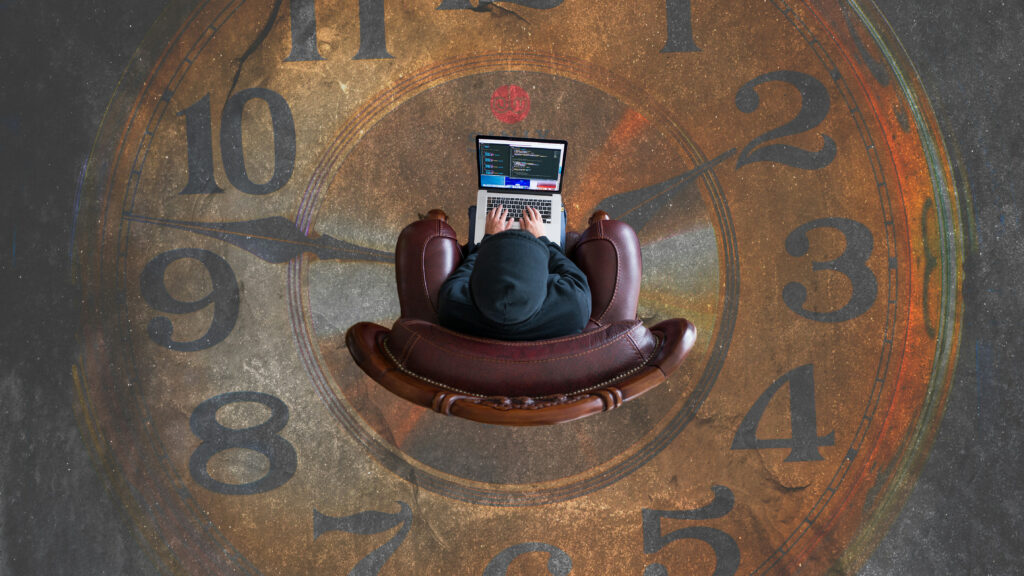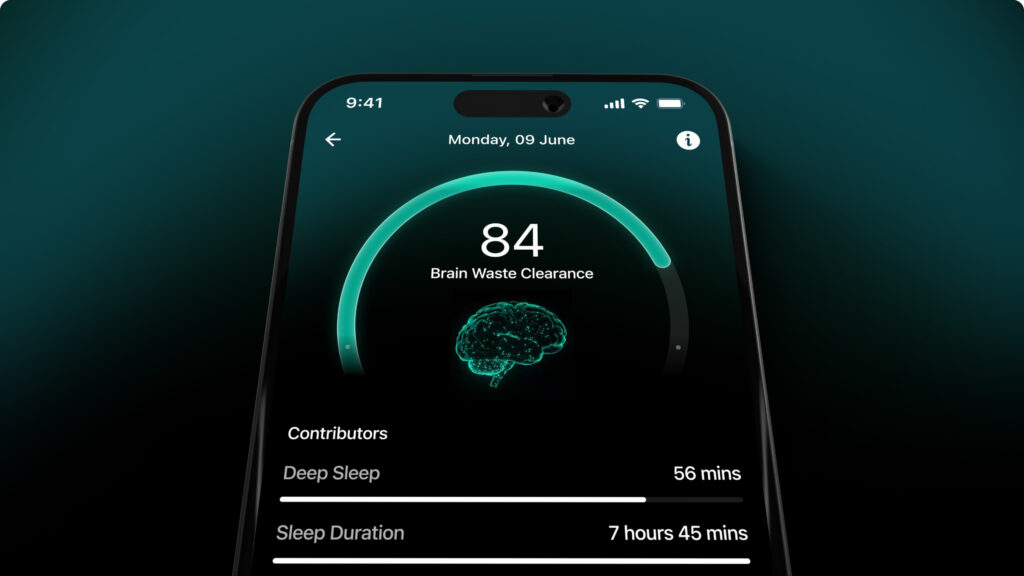Introduction
The COVID-19 pandemic has accelerated a mental health crisis across the world; the WHO stated that 264 million people across the globe are suffering from depression alone, and more from other mental illnesses. People have been afraid of catching the coronavirus. Unemployment, disconnection from enjoyable activities and social interaction have also been major stressors during this time. Research suggests that close to 40% of US adults reported struggling with a form of mental illness, such as anxiety and depression, increased substance abuse, stress-related symptoms, and suicidal tendencies. The Kaiser Family Foundation has stated that 4 in 10 adults reported symptoms of depression or anxiety disorder during the pandemic, up from 1 in 10 in 2019.
A common mood disorder is depression, with symptoms such as angry outbursts or irritation, tiredness and lack of energy, disturbance in sleep due to insomnia, suicidal thoughts, feelings of emptiness and reduced appetite leading to weight loss or even weight gain due to excessive eating. Anxiety disorders, marked by varying severity of levels of symptoms like nervousness, rapid heartbeat, panic, and intense fear are also mental health conditions that can impair day-to-day functioning. With the rise in mental health issues, it is crucial that there is awareness about the recent trend of mental health gyms and how they can contribute towards mental well-being.
What is a mental health gym?
According to Gina Moffa, a grief and trauma therapist, mental health gyms are ‘programmes to work out the mind’. She tells a digital publication that mental health gyms gained prominence because there were numerous gyms to care for people’s physical fitness but none to ‘exercise the mind, especially during the pandemic’.
Of late, mental health gyms have become prevalent both online and offline. The role of mental health gyms is to offer classes, exercises or treatments designed to help people with their mental health concerns. Mental health gyms are geared to make mental health support accessible with primarily group therapy sessions. The approach is preventative and generally eclectic. Mental health gyms offer a combination of treatments and programmes to equip people with coping skills. They help people deal with challenging and overwhelming emotions like grief, burnout and self-esteem issues, among others. Allison Chawla, a certified coach and psychotherapist compares the gyms to a kind of retreat, since some of them include an assortment of modalities beyond conventional therapy, like meditation and music therapy. Some even conduct internet de-addiction programmes. Mental self-care is at the core of these establishments, with a strong focus on fostering a sense of community. Mental health gyms are for anyone who wishes to focus on mental fitness; they aren’t exclusively for those grappling with mental health illnesses.
The concept of mental health gyms originated in the US a few years ago. However, they became popular globally over the past year due to a rise in mental health problems during the pandemic. These gyms have a team of therapists providing a range of facilities. Some of these gyms provide facilities, such as floatation therapy, which last for 60 to 90 minutes and help remove excess stimuli from the body, thereby reducing anxiety and depression, improving sleep, offering pain relief and more. Some also conduct a brain-training exercise called neurofeedback, through which the brain waves of an attendee are measured and positive and negative feedback are reviewed. This process teaches them self-control of feedback loops.
The gyms may be located in physical spaces, held online or even be pre-recorded sets that people can access. Now, even regular gyms are beginning to allocate spaces within their existing infrastructure to host group and personal mental health sessions for their members.
Research has shown that exercising, individually or in a group, could help reduce the effects of mental illness on a person as opposed to not exercising at all. Studies have started to explore the effects of combining exercise with therapy. Many mental health gyms adopt a more holistic approach, with a focus on nutrition and sleep.

Benefits of mental health gyms
Individual therapy is an effective tool to manage mental health because some people may feel comfortable in an intimate setting. In individual therapy, your relationship with your therapist is key to the success of the therapy. A mental health gym, which usually has group sessions, can be the first step in a person’s journey to address their mental health concerns; if they require more comprehensive treatment, they could transition to individual therapy.
Let’s look at some factors that differentiate mental health gyms from individual therapy.
Cost
The cost of the mental health gyms (at approximately $30 per session) can be significantly lower than that of individual therapy sessions (around $100 and above per session).
These gyms can be a great way to understand the issues at hand and then, if needed, one can move to personal therapy.
A mental health gym can accommodate a number of people at once through group therapy sessions and a group of therapists compared to an individual therapist who can take on limited clients at a time.
Stigma
People suffering from mental illness often face social stigma. Many people dealing with mental health problems are challenged on two fronts: they struggle with the symptoms and disabilities that may result from their mental health issues, and with the many misconceptions other people hold about mental health. Mental health gyms help to dispel such stigmatisation by normalising discussions around mental health.
Advantages of mental health gyms
There are many reasons why mental gyms have become popular. Some of their advantages are:
Group Sessions
You can simply sign up for a class in a mental health gym and get connected with a group of people who may be going through something similar. The dynamics of a group are often similar to those of society, and learning how to interact with the other members of the group can help you in your relationships outside the gym. Irvin David Yalom, MD, author of the book The Theory and Practice of Group Psychology, makes a case for group therapy by asserting the fact that group members can identify with each other, leading to tangible changes. Mental health gyms also work like support groups that inculcate a strong sense of community and help people to build resilience.
Mental health gyms can provide individuals with a platform to openly share their feelings and thoughts. Research has also shown that receiving emotional and social support from others can lead to improvement in one’s health.
Flexibility
Most mental health gyms allow signing up for one-off/drop-in classes and booking slots as per a person’s convenience. One-on-one or individual therapy is based on a sustained long-term relationship between the therapist and the client, who generally schedule sessions in advance.
Are there any drawbacks to mental health gyms?
Doesn’t replace one-on-one therapy but helps you get started
For those who have social anxiety, it might be difficult to speak in front of a group. Additionally, for members who have experienced traumatic events, it could be triggering or overwhelming to have to take part in discussions about abuse or trauma. Some may be uncomfortable sharing their feelings and divulging intimate details with relative strangers.
In one-on-one therapy, people tend to receive focused attention. In mental health gyms, you may not be the sole focus of the therapy, which can cause the treatment to get diluted and take you longer to see results.
Mental health gyms provide people a platform to begin working on their mental health issues or address any old wounds. They are meant to equip people with coping skills to deal with psychological stressors. However, these gyms may not provide the perfect platform for someone diagnosed with a serious illness, as these individuals may not receive the personal or medical attention and comprehensive therapy/treatment they require. Specialised, one-on-one therapy is required in such case
Conclusion
The COVID-19 pandemic has spurred a mental health crisis of mammoth proportions. The concept of mental health gyms originated some years ago but gained momentum against the backdrop of the pandemic. Mental health gyms are physical or virtual spaces for accessible and more affordable mental health care and wellness. They offer professional mental health support and their sessions are usually conducted in a group setting. Adopting a preventative approach, they combine a diverse range of modalities, therapies and treatments to address mental health concerns. Therapists believe that mental health gyms can spark positive conversations around mental health. They can also help to dispel the stigma shrouding the idea of getting help. They may not be appropriate for some individuals dealing with intense mental health conditions, who could benefit from individual, one-on-one therapy. In combination with individual therapy, mental health gyms carry the potential to revolutionise and democratise mental health.
Disclaimer: The contents of this article are for general information and educational purposes only. It neither provides any medical advice nor intends to substitute professional medical opinion on the treatment, diagnosis, prevention or alleviation of any disease, disorder or disability. Always consult with your doctor or qualified healthcare professional about your health condition and/or concerns and before undertaking a new health care regimen including making any dietary or lifestyle changes.
References
- https://www.google.com/url?q=https://www.grwhealth.com/post/so-whats-a-mental-health-gym&sa=D&source=docs&ust=1636384299283000&usg=AOvVaw2-SZA0OZFrcrqWhDMDyw-k
- https://www.psychologytoday.com/intl/blog/brick-brick/202102/the-dawn-the-mental-health-gym
- https://www.healthline.com/health/mental-health/mental-health-gym
- https://www.who.int/news-room/fact-sheets/detail/mental-disorders
- https://www.google.com/url?q=https://www.cdc.gov/mmwr/volumes/69/wr/mm6932a1.htm&sa=D&source=docs&ust=1636384363358000&usg=AOvVaw0psG80F03dfN7bO89BzAZy







